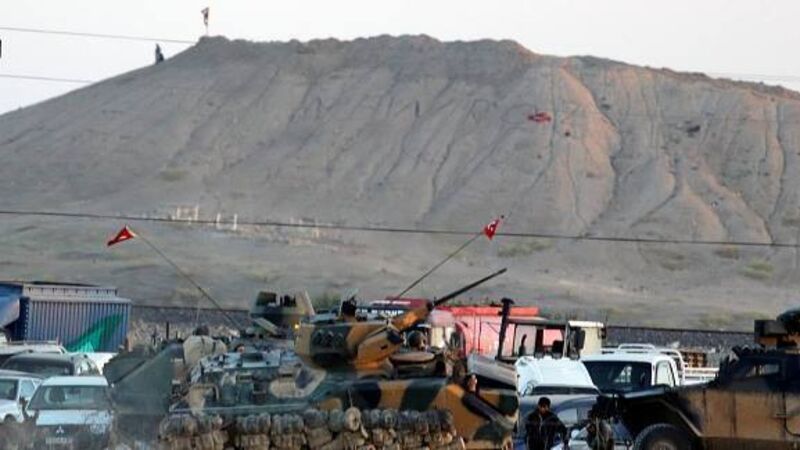IS positions bombed as battle wages on for Kobani

The battle for the town near the frontier with Turkey has emerged as a major early test for the air campaign aimed at rolling back and eventually destroying the extremist group. It has also strained ties between Washington and Nato ally Turkey over the long-term US strategy in Syria.
Ankara has called for the creation of a buffer zone inside Syria to secure the border, but the White House and Pentagon said that the US is not considering that option. Such a zone would be costly and complex to enforce.














